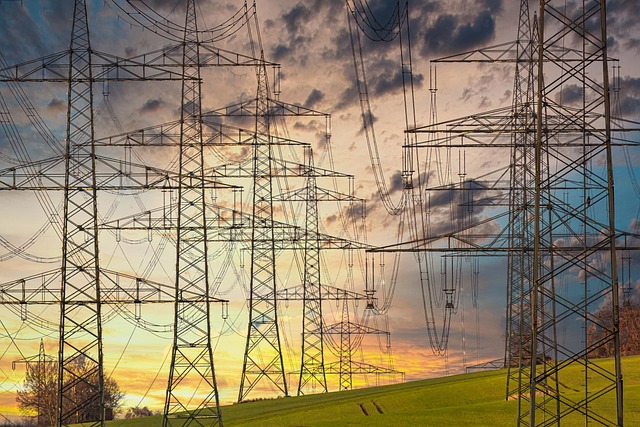Empowering Sustainable Innovation: Electricity Decentralization in the Realm of Green Technologies
The world is at a critical juncture where innovation must intertwine with sustainability to address the pressing challenges posed by climate change. At the heart of this transformation lies electricity decentralization, an empowering approach that can redefine how we harness energy in a carbon-neutral future.
As communities and industries increasingly recognize the importance of sustainable development, the shift from centralized energy systems to decentralized models facilitates a more resilient and adaptive energy landscape. This paradigm shift not only allows for greater local control but also promotes a sense of ownership among communities, spurring individuals and organizations to innovate for a healthier planet.
One of the most significant benefits of decentralization is its potential to reduce the ecological footprint of energy consumption. By fostering local energy solutions—ranging from solar panels on rooftops to small-scale wind turbines—decentralized electricity systems can effectively minimize transmission losses and reduce reliance on fossil fuels. These advances in green technologies are crucial in the collective effort to lower greenhouse gas emissions and combat global warming.
Decentralized energy systems also pave the way for innovative solutions that are tailored to local needs and resources. Community-driven initiatives, such as cooperative solar farms or community wind projects, empower citizens, enhance social equity, and foster collaboration. This shift engages a diverse pool of stakeholders, promoting creativity and enhancing the development of sustainable tech that meets the unique demands of each locality.
Furthermore, as we strive for a carbon neutral future, electricity decentralization plays a pivotal role in the transition to renewable energy sources. By diversifying energy production and reducing our dependency on a few centralized plants, we can effectively buffer against market volatility and strengthen energy security. This not only promotes economic resilience but also aligns with the global imperative for sustainability.
With the rise of smart technologies and digital platforms, the path towards decentralized electricity is becoming increasingly feasible. Innovations in battery storage, grid management, and demand response are enhancing the reliability and efficiency of decentralized systems. Such advancements invite greater participation from consumers, enabling them to become prosumers” who both use and produce energy.
In this journey toward a more sustainable future, it is essential that we embrace the principles of sustainable development, understanding that our choices today will shape the world of tomorrow. By championing electricity decentralization, we can foster a collective legacy of innovation that not only meets present needs but also safeguards our planet for future generations.




